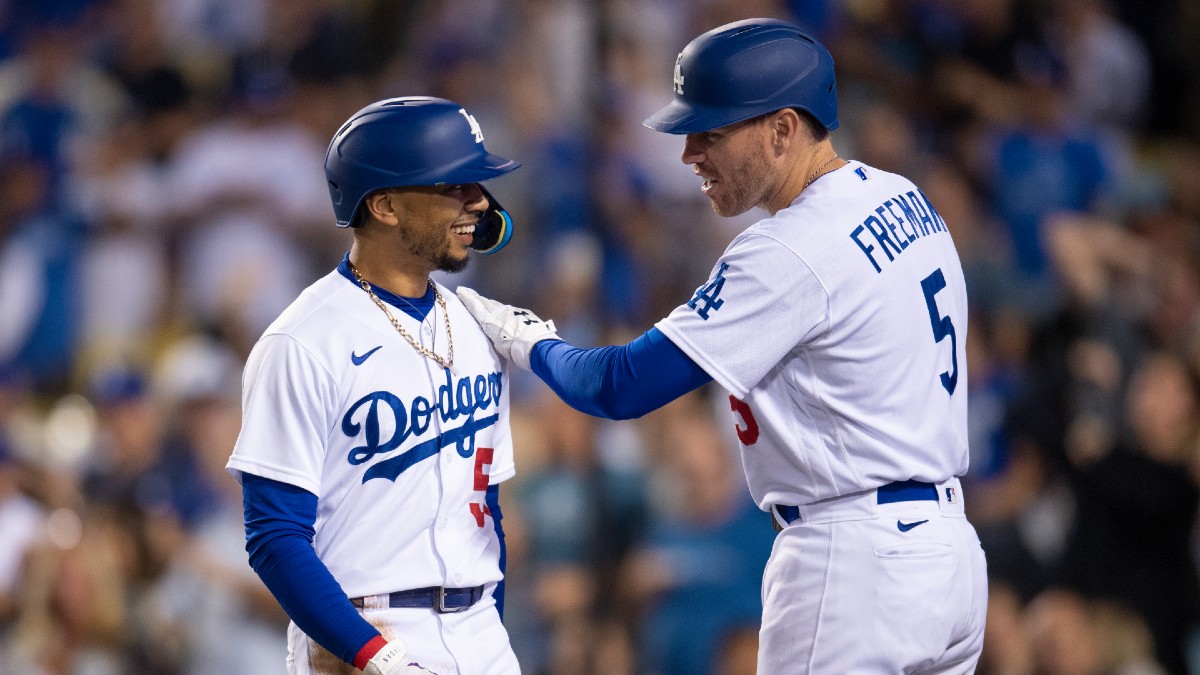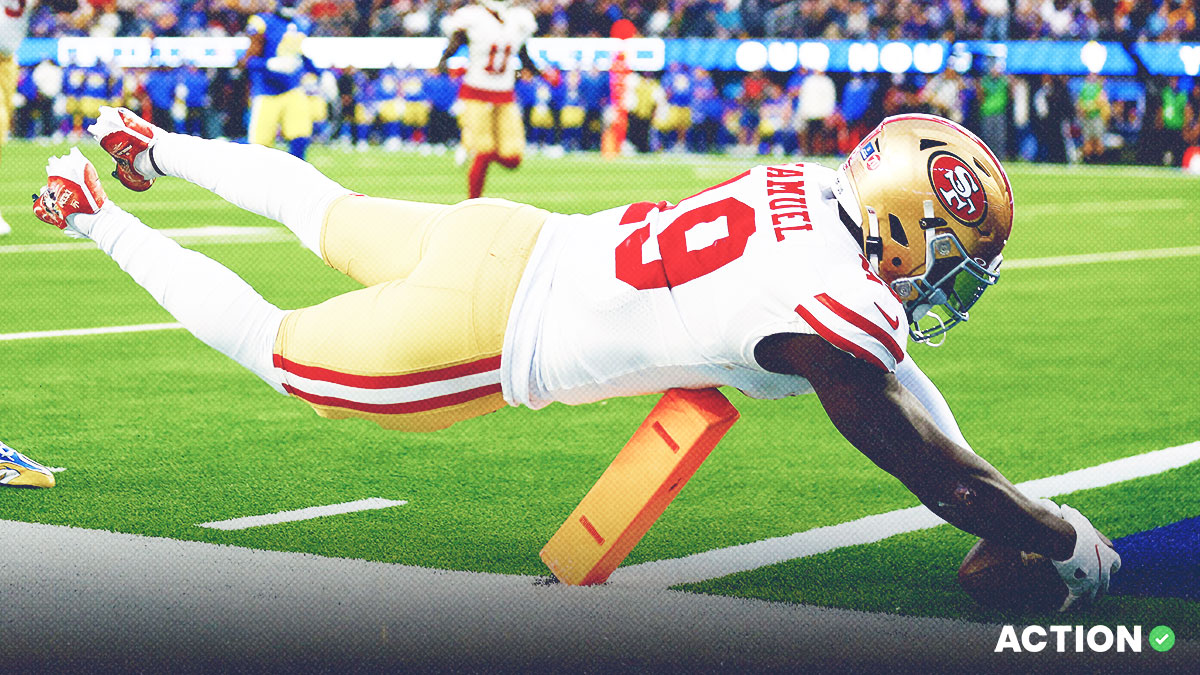If you've got a bit of experience with sports betting, there's a good chance you're familiar with the meaning of the term "over/under" as it relates to a single game.
If not, the over/under (or total) is the number of expected total points/goals/runs to be scored in a given game, allowing bettors to wager on whether they think the actual score will exceed it (by betting on the over), or fail to reach it (by betting the under). So in a baseball game
Over/under betting on single games is a standard option across every major sport, but in baseball and hockey, specifically, bettors can also make an over/under wager that encompasses the entire slate of games on a given day.
That bet type is referred to as the Grand Salami.
What is the Grand Salami in sports betting?
The Grand Salami betting option is a cumulative over/under bet for all the games on a given baseball or hockey slate. In other words, you're betting on the total number of runs (or goals) that will be scored over the course of every game that day.
Here's an example of what that might look like on a 6-game MLB slate — the grand salami will be 51.5, so you can bet on whether or not there will be more or fewer than 51.5 runs scored throughout the day.
| Game | O/U |
|---|---|
| BOS vs. NYY | 8.5 |
| DET vs. KC | 9 |
| HOU vs. LAA | 9.5 |
| NYM vs. ATL | 7.5 |
| CHC vs. STL | 7 |
| LAD vs. SF | 9 |
| Grand Salami | 51.5 |
In this case, for an "over" bet on the Grand Salami to be graded as a win, 52 or more runs would have to be scored across the six games. And for an "under" bet to cash, the cumulative total would have to remain at 51 or below.
How is the Grand Salami calculated?
The Grand Salami is not necessarily the sum of all the totals on the slate. In fact, if you added up the six games above, you would've noticed that they summed up to 50.5, not the 51.5 listed.
That's generally going to be the case, too. Since games have a minimum number of runs/goals (one) but no maximum, a very high scoring game — which would stop affecting the outcome of the game's individual total once the number is reached — would still be able to affect the Grand Salami.
To get a little more technical, a single game total is an attempt to gauge the median number of runs/goals scored in that game if it were played infinite times. The Grand Salami, however, is more concerned with the average number of runs/goals scored in each game over an infinite sample, and then finding the median of the sum of those infinite averages.
But feel free to ignore all of that. Just be aware that you aren't outsmarting the oddsmakers when you see the Grand Salami listed at a different number than the sum of the totals.























































